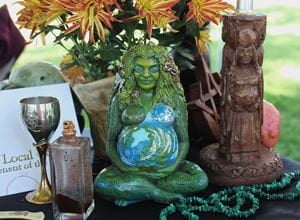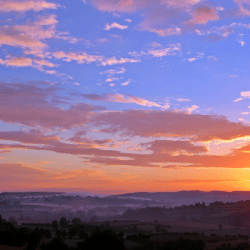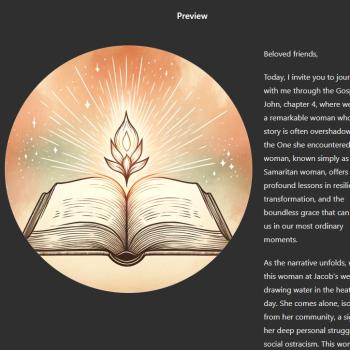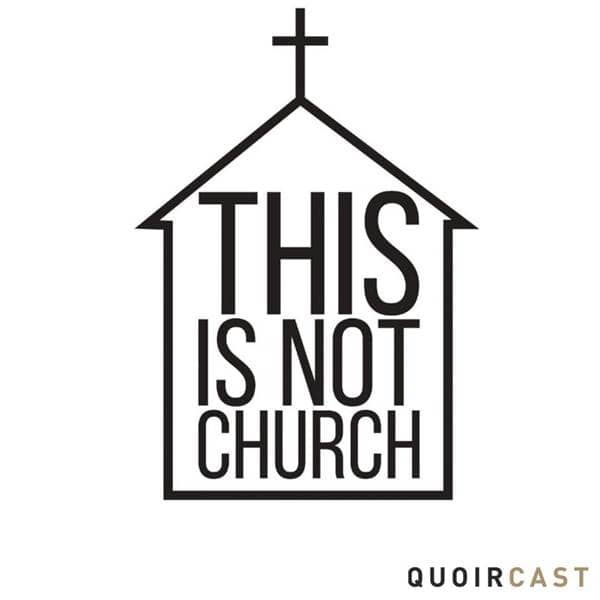
Paganism is a broad term that describes any number of new religious movements that may build on ancient religious traditions in contemporary ways. These are often referred to as neo-Pagan religions. Paganism may also include those who fashion their own religious beliefs and expressions based on their personal understanding of the supernatural. Paganism has no uniform set of doctrines, creeds, dogmas, rituals, or practices. Personal freedom is an imperative of every Pagan expression.
In recent times, the term “paganism” has usually been employed as a disparaging word, largely because the early Christian church began to use the term to describe anyone who was a non-Christian; particularly those who were polytheists, such as those who worshiped the Roman or Greek gods. Augustine’s early 5th century work, The City of God, is in part a polemic about the moral degeneration of paganism as a foundation for Roman politics or human society.
Paganism today seeks to recover what was lost in the centuries of Europe’s Christianization and to revive certain ancient non-European religious expressions. Many of these pre-Christian religions embraced the power of Nature and the heroic role of the gods. Most Pagans recognize Nature itself as divine. For some, the seasons of the year each have specific powers, and the transitions between the seasons are especially potent times of awareness of and accessibility to the spiritual or divine.
Some Pagan religions are technically pantheist, recognizing divine entities in every part of Nature, while others perceive a single divine essence permeating all of Nature. Most Pagans are polytheistic or henotheistic; while they may worship or revere one particular god or goddess, they willingly acknowledge the plurality of divinity. Pagans also strongly emphasize the feminine divine. Some are dedicated worshippers of pre-Christian goddesses, such as those from the Norse or Greek pantheons, and others attribute a goddess spirit to particular elements from Nature, like the moon.
While some Pagans congregate around a particular deity or deities that derive from ancient narratives (such as the Medieval Icelandic texts known as the Edda), others find gods and goddesses worthy of worship in provincial sites and stories—such as deities associated with local ancient burial grounds, spirits associated with local wells or crossroads, or even appearances of the deceased. Death, like life, is held to be sacred in Pagan communities. The dead live on in the Otherworld and remain accessible to the living. Magick, as the means of engaging with the Otherworld and drawing on the powers of Nature, is practiced in many Pagan communities, always with the caveat that the core value of “do no harm” is observed.
Without a central authority or universally recognized sacred texts, founders, or narratives, Paganism thrives on individualism, creativity, and experimentation. One of Paganism’s tensions is between unverified personal gnosis or direct experience of deity (often referred to simply as “UPG”) and respect for the traditions or lore to which a Pagan adheres. UPG magnifies the individual’s experiences and the knowledge (i.e., “gnosis”) that he or she derives from it, while the lore elevates traditions that argue for the preferences of the gods or goddesses themselves.
Pagans tend to embrace all the components of human life without shame, regulations, or restrictions. Marriage, sexuality, gender, family, and parenting are largely all open to individual interpretations and practices.
3/10/2023 5:09:26 PM










